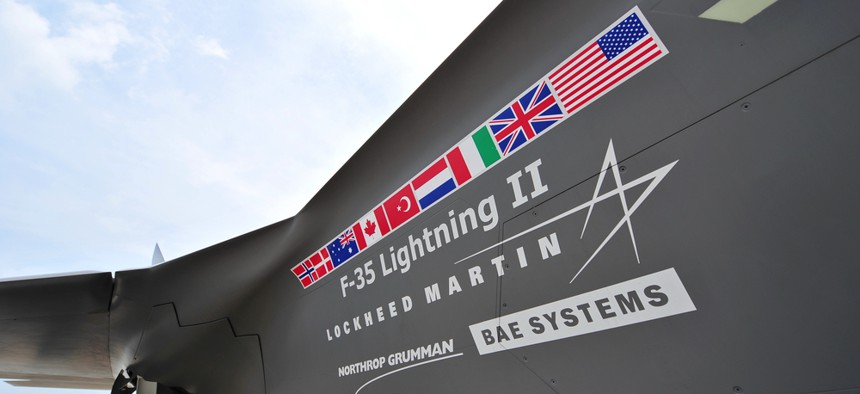
Jordan Tan/Shutterstock.com
Here Are The Defense Industry Dollars Behind The Votes to Arm Syria’s Rebels
These companies might stand to profit the most from a conflict like the one the United States proposes.
This week, US lawmakers voted to arm and train “vetted” Syrian rebels as part of the US efforts to fight the extremist group ISIL.
Each chamber voted separately on the issue, which was packaged in a relatively uncontroversial bill to keep the US government funded through November’s elections. The House approved it first with a vote of 273-156, and the Senate followed with a vote of 78-22. “Yes” voters included Republicans and Democrats, but there was a common factor running through the lawmakers’ decisions: “Yes” voters had received significantly larger sums of money from defense contractors.
Consider this analysis of campaign contributions from MapLight:

It’s no surprise that lawmakers supported by defense contractors would vote in favor of a policy that will lead to more arms purchases, but it’s interesting what kind of contractors provide the most support: Not the makers of small arms or artillery or even land vehicles—the sorts of weapons the US might give to the rebels—but companies such as General Atomics, Northrop Grumman, Lockheed Martin and Raytheon, which make drones and the missiles that drones fire.
These companies might stand to profit the most from a conflict like the one the United States proposes, which appears to operate under the counter-terrorism rubric established by the US in places such as Yemen, S0malia, and Pakistan: Ground forces provided by a client state and drone strikes at targets of opportunity from above, with little time for political resolution or state-building.
(Top image via Jordan Tan / Shutterstock.com )







